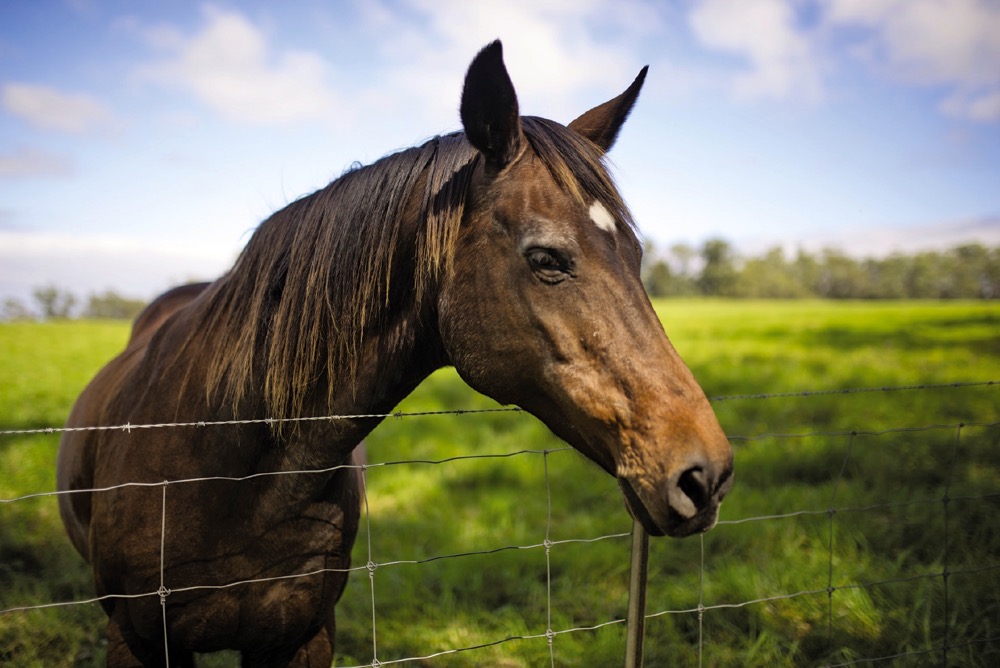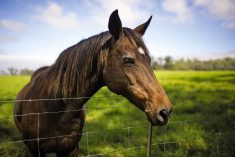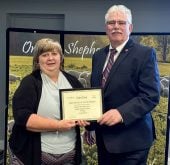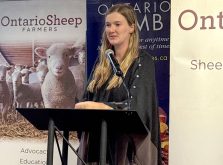Horses and other equines should be formally classed as livestock, says an advocacy group.
“We have situations in various parts of Canada where provincial governments, in British Columbia in particular, are denying farmer status to people who are in the business of breeding equines including mules, donkeys, and horses,” said Bill desBarres, chair of the Horse Welfare Alliance of Canada. “If they lose farmer status, they lose deductions from some property taxes and some other considerations.”
The issue could have a big impact on the horse-breeding industry, said desBarres, a retired horse breeder from Medicine Hat.
Read Also
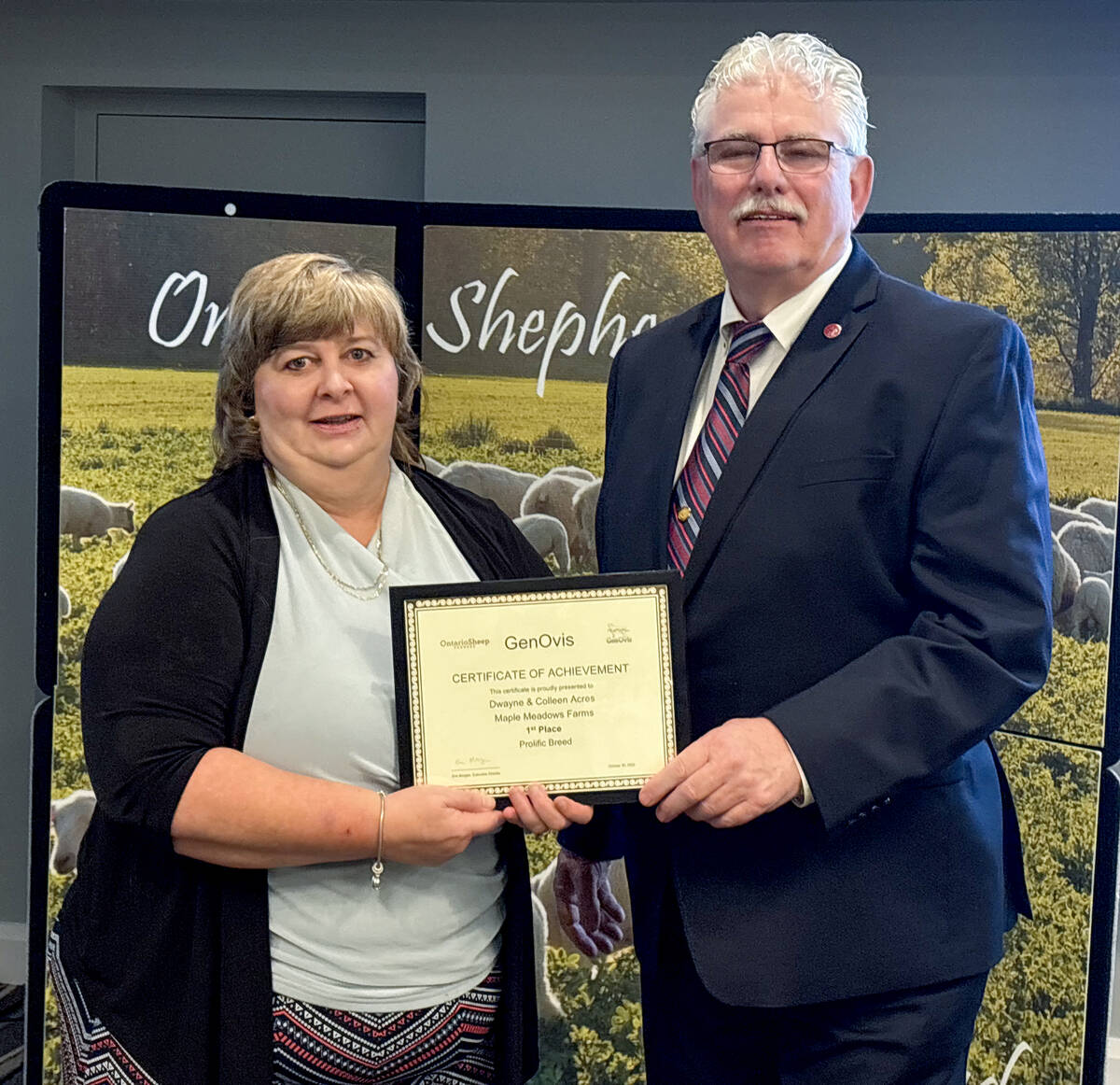
GenOvis awards presented at Ontario Sheep Farmers’ annual meeting
Producers and youth were recognized for their contributions during the Ontario Sheep Farmers’ annual GenOvis and leadership awards.
“This is an ongoing thing and we’ve been studying it for some time. It’s time for equine people to step up to the plate, stop complaining, and do something about it.”
Unlike other livestock sectors, the equine industry is not ‘zero rated’ for GST, which means the tax must be charged when horses or other equines are sold.
“The cattle people get all the deductions in the world, relatively speaking, and we don’t,” said desBarres. “We want to be treated as a member of the livestock industry.”
There are more than a million equine animals in Canada.
“At this moment, there are problems in British Columbia with regards to the status of horses being used by municipal districts in a disadvantageous manner,” said desBarres. “If it happens in B.C., when is it going to happen in (other provinces)?”
His organization is calling for a clear designation of equine as livestock both for tax reasons and to ensure that provincial or municipal rules specific to the humane treatment and welfare of livestock also apply to horses, donkeys, and mules.
The horsemeat sector should also be treated the same as other parts of the meat industry, said desBarres.
“Canada is a very large exporter of horsemeat, which brings a lot of money to our economy,” he said. “The producers of that are not subject to the same treatment by Canada Revenue Agency and provincial and municipal governments with respect to production costs and deductibility.”




